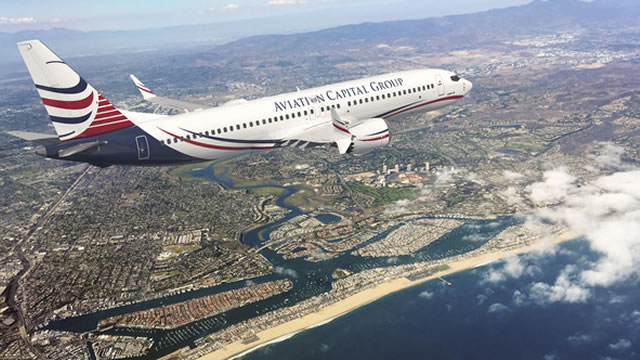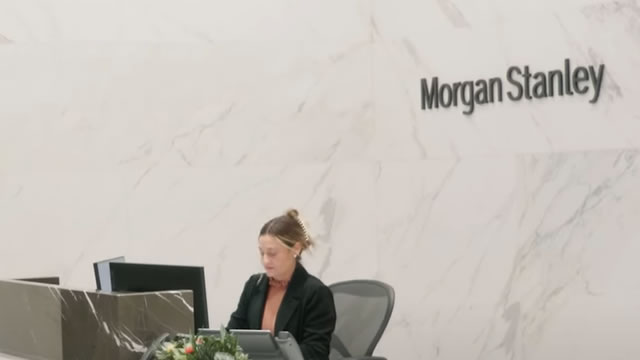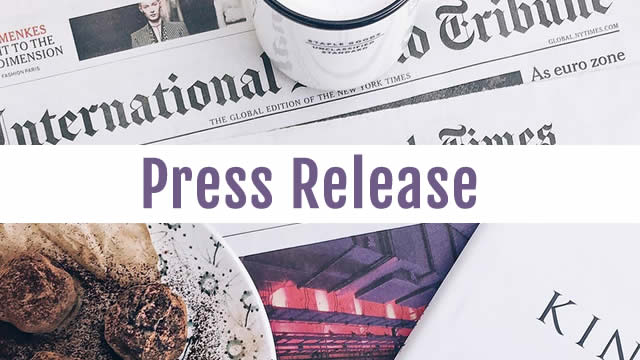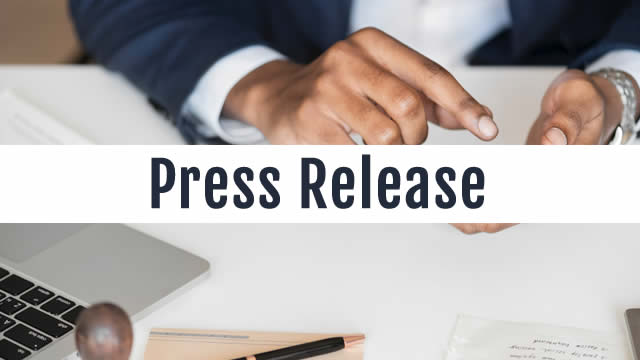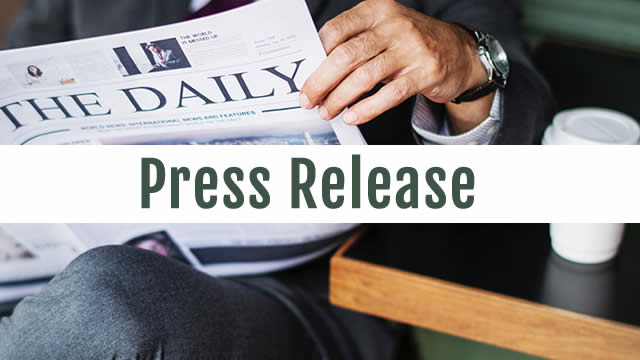Senator Cantwell’s Urgent Call for FAA to Address Concerns before Extending Boeing’s Delegated Authority
On Tuesday, Democratic Senator Maria Cantwell from Washington raised concerns about the Federal Aviation Administration (FAA) extending Boeing’s delegated authority to perform critical tasks, such as inspections and approving repairs. Cantwell, a senior member of the Senate Commerce, Science, and Transportation Committee, voiced her apprehensions in a letter to FAA Administrator Steve Dickson.
Boeing’s Delegated Authority and the Controversial 737 MAX
In the aftermath of the 737 MAX crashes in 2018 and 2019, which resulted in the loss of 346 lives, the FAA came under intense scrutiny for its oversight of Boeing. The delegated authority, which was granted in 2014, allowed Boeing to self-certify certain design changes without FAA approval. In the case of the 737 MAX, Boeing made changes to the Maneuvering Characteristics Augmentation System (MCAS) without FAA oversight, leading to the tragic incidents.
Senator Cantwell’s Concerns and the FAA’s Response
In her letter, Cantwell expressed her concerns about the FAA’s decision to renew Boeing’s delegated authority, citing the ongoing investigations into the 737 MAX crashes and the need for transparency and accountability. She urged the FAA to address critical concerns before making any decisions.
In response, FAA Administrator Steve Dickson assured the public that the FAA would not make any hasty decisions regarding Boeing’s delegated authority. He stated that the FAA is currently conducting a comprehensive review of Boeing’s organizational structure and its processes to ensure that the necessary changes have been made to prevent future incidents.
Impact on Consumers and the Aviation Industry
The potential extension of Boeing’s delegated authority raises concerns for consumers and the aviation industry as a whole. If the FAA were to renew Boeing’s authority without sufficient oversight, it could potentially lead to a lack of trust in the aviation industry and further erode public confidence in the FAA’s ability to ensure the safety of commercial aircraft.
- Consumers may be hesitant to fly on Boeing aircraft, leading to a decrease in demand and potential financial losses for airlines.
- The aviation industry could face increased scrutiny and regulation, potentially leading to higher costs and delays in the development and certification of new aircraft.
Global Implications
The implications of this decision extend beyond the United States. The aviation industry is a global one, and the safety of commercial aircraft is a critical concern for consumers and governments around the world. If the FAA were to renew Boeing’s delegated authority without adequate oversight, it could potentially lead to a loss of trust in the FAA and the aviation industry as a whole, with far-reaching consequences.
Countries may consider implementing stricter regulations on the certification and inspection of aircraft, potentially leading to increased costs and delays for airlines. Additionally, there could be a ripple effect on international relations, with countries questioning the safety and reliability of aircraft certified by the FAA.
Conclusion
The decision to extend Boeing’s delegated authority is a critical one that will have far-reaching implications for consumers, the aviation industry, and the world at large. It is essential that the FAA takes a thorough and transparent approach to this decision, ensuring that the necessary changes have been made to prevent future incidents and restore public trust in the aviation industry. The safety of commercial aircraft is not something that can be compromised, and it is the responsibility of regulatory bodies like the FAA to ensure that the highest standards are met.
As consumers, we have the right to expect that the aircraft we fly on are safe and reliable. The FAA must prioritize transparency, accountability, and oversight in its decision-making process, and we as a society must hold them to that standard. Only then can we truly ensure the safety of commercial aviation and restore public confidence in the industry.

